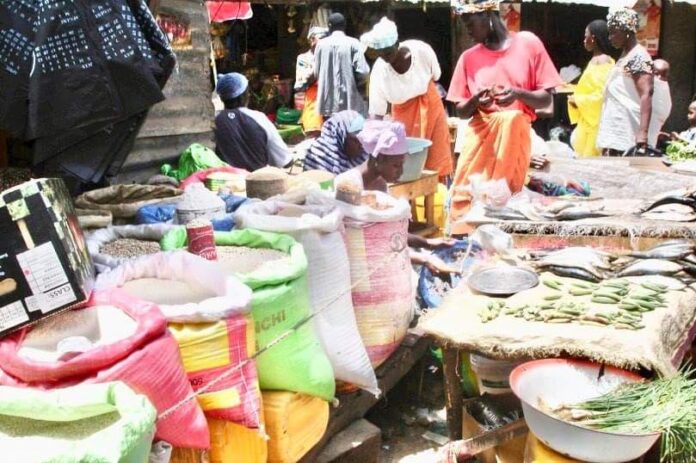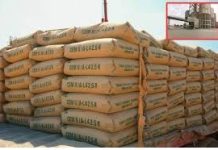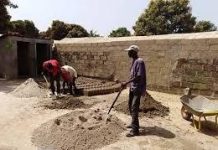By Mustapha Jallow
Barely a day passes by without Gambians complaining about the rise in the prices of essential commodities. The cost of food in particular has left many in frustration.
On 4th September, 2021, Foroyaa visited both the Greater Banjul Area and West Coast Region to sound the voice of citizens on the hike on the prices of foods and most of them said they are struggling to cope with life as things are expensive nowadays. At popular food markets such as Wellingara, Latri-kunda (Sabiji) and Serrekunda, customers and traders are unhappy about the high prices and the lack of solutions to their problems.
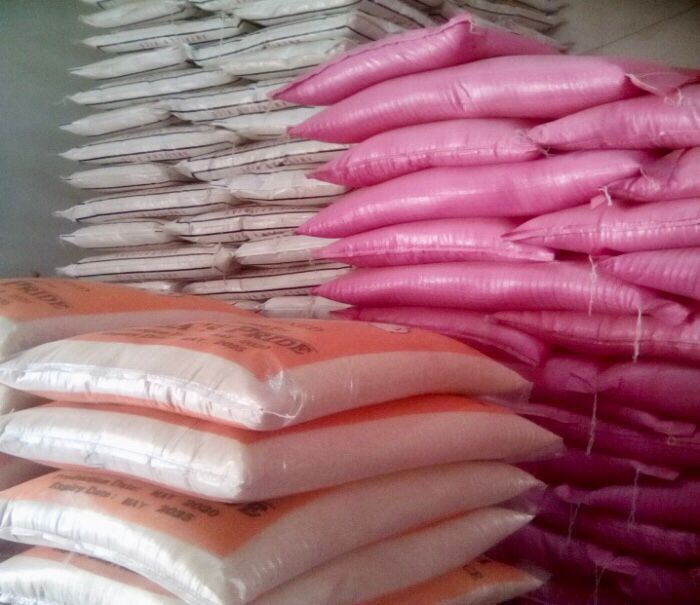
Binta Fatti, a vendor and mother of four (4), is among the growing number of desperate Gambians complaining over rising prices of food. A resident of Tallinding, Fatti travels to Brikama and buys foodstuffs and resells them to make profit. Sometimes she returns home empty-handed.
“I have to struggle hard. There is no food at home and I need to get food for my family, especially my children. The situation is tough due to the spike in the prices of food commodities,” Fatti said.
She called on the government to regulate the prices of commodities because Gambians are suffering, adding importers and shop owners are making life unbearable for them.
Haddy Nyassi, a Bakau resident, said a cup of cooking oil that was sold at D8 increased from D8 to D10, then D17 and now D20. She said she used to buy wholesale goods, but she had to stop that. The high cost of a gallon of oil, bag of rice and sugar, has forced her to buy on retail each of the items instead.
“The prices of items keep increasing which makes it difficult for us to cope with the situation. I am appealing to the government to regulate or put measures in place to curb the spike in the prices of commodities to ease the suffering and pain of Gambians,’’ Nyassi said.
Soffie Sarr, a customer found at the Latri-Kunda market, buying food items (“ndugar” it is in Wolof) said everything is costly and the relevant authorities ought to listen to their cries, and alleviate their pain and suffering with urgency.
“I came with D250, but this cannot buy all that I need to cook a good lunch for my family, because there are 7 of us at the house’’ she said.
With the coming of the Covid-19 pandemic, the situation has worsened. Many sectors in The Gambia were not spared by the negative impact the deadly virus came with.
Job losses caused by the Covid-19 pandemic combined with high food prices are making it hard for millions of families to get enough to eat, the World Food Programme (WFP) warned on Thursday (July 2021) in a statement. WFP estimates that a record 270 million people worldwide are acutely food insecure or at high risk this year, around a 70 per cent jump from 2020.
“High food prices are hunger’s new best friend. We already have conflict, climate and covid-19 working together to push more people into hunger and misery. Now food prices have joined the deadly trio,’’ said Arif Husain, Chief Economist at the UN agency.
More Complaints
Foday Sisawo, a resident of Brikama, said prices of basic commodities have skyrocketed within a short period. To him, Gambians are suffering and dying amid the high cost of living in the country, adding people are crying because it is getting worse.
Sisawo said people are finding it tough to get a bag of rice because they cannot afford to buy one, adding there is no price control in the country. The last time he bought the 50gk bag of rice (Sadam type) for D1,875. He said the price of a bag of American rice that was cheaper to buy in those days has increased from D1,050 to now D1,350.
According to him, D1000 cannot serve him for a week on ‘fish money’. He gives out D250 every day. Because of the high cost of commodities, he would sometimes prefer to take dry bread with butter or mayonnaise.
“There is no amount of ‘fish money’ you can give that would be enough for your family because every other day you go to the market, you will find out that things have changed. This is what women are grappling with at the market,’’ he said.
He said there were attempts to increase the prices of bread from D7 to D10. He said the matter was taken to Brikama Police Station, where it was resolved and bakery owners were asked to maintain the price at D7.
Sisawo joined others to call on the relevant authorities to step up and address the matter. He called on the government to concentrate on the living condition of the people.
Lamin Conteh, 21, out of school youth cum artiste, said things are very hard at the moment. Conteh, who was found sitting with a group of young people at a street called “Roadside Gang Ghetto’’ in Wellingara, called on the government to launch a relief package by going house to house to deliver foodstuffs.
“Prices are rising all the time. A spoon of Aramati mayonnaise is costing D8 and a loaf of bread with mayonnaise is costing D14. This forced me to be eating a loaf of bread with butter on it for D10, which is reasonable,” he said.
Conteh therefore called on the government to regulate the prices of commodities, saying people living in rural Gambia are suffering more.
Stakeholders’ Concerns
Nyara Njie, a female shopkeeper residing at Coastal Road, said they buy commodities at a high price which is partly responsible for the sharp increase in the prices of commodities. She however said she sells goods at reasonable prices compared to other shopkeepers. She said this is because she is not renting a shop as her outlet is located in their compound.
“I sell a spoon full of mayonnaise at D5, but others are selling it for D7 or D8. I also sell a loaf of bread with mayonnaise for D12, while some sell it for D15. I just want to make my business go fast because average Gambians are low income earners,’’ Njie said.
Njie also decried the poor state of her business at the moment, saying she used to make profit, but it’s the opposite now.
“I am calling on the government to intervene so that the prices will be reduced. People are suffering,” she said.
Muhammed Jallow, a trader, accused importers of making it difficult for them because there is no price control.
He said they (businessmen) held an emergency meeting at Serrekunda over the hiking of food prices as a result of the unabated complaints they received from Gambians and/or their customers.
Jallow explained the reason why they increased their prices is that: “Importers would sell us the commodities at a high price, and this excludes the cost of transportation.”
He therefore called on the government to act fast and address this issue because most of the citizens are suffering as a result of the sharp increase in the cost of basic commodities.
Increased Commodities & Varying Prices
Foroyaa has found out that canned tomato paste (2200g), which was costing D115, is sold at D130. Cooking oil per cup used to cost D8, but it has significantly increased from D8 to D10, D17 and now D20.
For the shops in Wellingara, some of the food prices are as follow: A bag of American rice (50kg) is now sold at D1,350, D750 for the (25kg), Sadam rice (50kg) is sold at D1,950, (25kg) bag is sold at D975. A bag of Sugar costs D1,700, a gallon of cooking oil (20 litres) costs D1,650, while a 5 litre gallon costs D650.
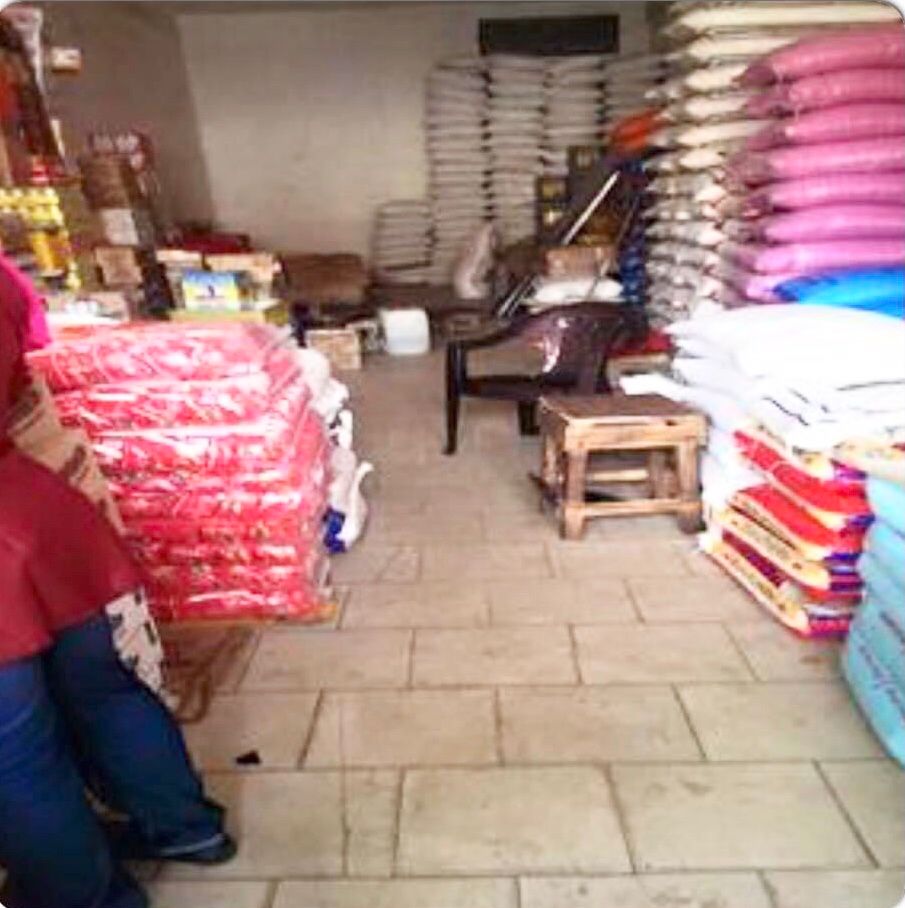
Also, a bag of onion is sold at D650, a bag of potato is costing D550, Aramanti mayonnaise (10 litres) is costing D750, a box of jumbo is costing D80 and canned Tomato paste (2200g) is sold at D120. The Thailand bag of rice (50kg) ‘Sadam’ is sold at D1,850.
Meanwhile, the government was contacted through the Permanent Secretary- Ebrima Sisawo- at the ministry of trade to shed light on the concerns raised by Gambians over the high cost of basic food commodities. He asked the reporter to contact the ministry because he was out of town.
Responding to the outcry and demands of the Gambians over the high cost of prices of essential commodities,Ousman Bojang, Director of Trade Ministry, said the current market dynamics keep on changing and as they change the prices of essential commodities will change.
Bojang explained in detail that The Gambia is a net importer of essential commodities and when the price of hiring a container doubled due to Covid-19, it simply passed on to the container.
A net importer is a country that buys more from other countries in terms of global trade than it sells to them over a given period of time,according to Investopedia.
Bojang said since there is no law to effect price control, there is nothing the government can do at this stage because it does not have money to subsidize.
“We don’t produce the products. We rely more on imports and without that, we cannot survive. So, net importation is very important,” he said.
Director Bojang explained the challenges that are happening outside the country with importers, saying the global market was constricted as a result of COVID-19.
He said when Covid-19 hit the country, they realised that it affected production in some countries because heavy restrictions were introduced and nothing was moving that much. He added that port clearance was also affected as lots of containers were moved from Asia to Europe.
“But if you were a supplier and you placed your order in Asia, because most of our commodities are coming from Asia, you may not get a container because most of the containers were stuck in other countries as a result of COVID-19,’’ he explained.
Bojang further said due to the shortage of empty containers, the price of containers rose up and the demands were so high, saying the price of containers affects containers coming into countries that are net importers, like The Gambia.
“So, the price of container and vessel to Banjul increased by 100%. Where are you placing that cost?” he asked.
He said the price of a container used to be D5000 but now they are paying up to D11,000 per container. It is because of this increment that led to the rise in prices of essential commodities, he said.
At the ministry level, Bojang said every week they monitor the stock of essential commodities in the markets and when they analyzed the situation, they realised that the reasons were beyond the government.
“It is outside and is imported. Government can only come in, if government has the money to subsidize,’’ Bojang said.
He noted that customs duties and port charges may be reduced to facilitate reduction in prices, but he said they cannot control prices.
“We don’t have a law that fixes prices. Prices are determined by the market (global). If importers realise that the government fixed the price and they cannot sell or meet their cost, they will stop importing which will lead to scarcity in the country,” he said.
“The only solution to tackle the high prices of essential commodities is to produce rice and other commodities in the country because we have the land.”















